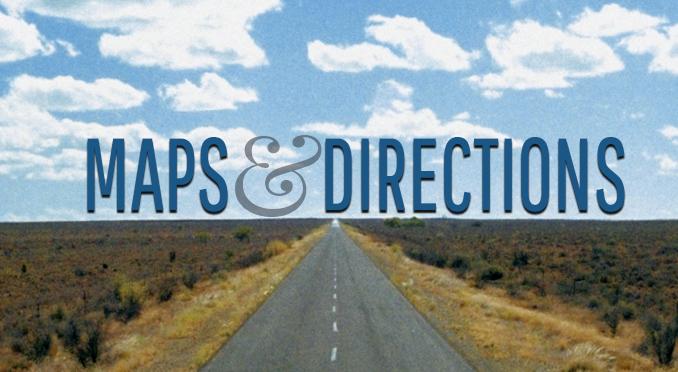When Death Occurs
No matter if a death is sudden, or expected, the loss of a loved one effects us emotionally and can make one feel overwhelmed. No amount of preparation can fully prepare you for the loss of a loved one. When you are in a heightened emotional state, even the most basic decisions can seem staggering. The following is a rough guideline of what needs to be done within the first 24 hours after death.
When death occurs at home or a place of business
If the person was not under palliative care, call 911 immediately. The police and or EMS (Emergency Medical Services) will be dispatched to the home and will place the call to the coroner or doctor. From there the coroner or doctor will determine whether further action is necessary. The coroner or doctor must release the body before a we can do anything. If the person was under palliative care, contact the representative if they were not present and they will notify family members what the proper procedures are to follow. If you are unsure in any case, call 911 and the proper action will be taken.
When a death occurs at a hospital/nursing home/hospice facility
The staff of a care facility such as a hospital or a nursing home will notify you and the necessary authorities immediately after a death has occurred. If a funeral home has been provided to the hospital or nursing home, they usually will notify us shortly after the time of death. If you are present at the hospital when our staff arrives, they may ask a few questions about the deceased wishes and set up a time to come into the funeral home to make arrangements. If this isn't the case or if you are not present you will need to be in contact with the funeral director by telephone to discuss these arrangements.
Informing a Funeral Director
Once everything has been cleared with the proper authorities, the next call you place should be to a licensed funeral home. One item which needs to be initially addressed would be the process of embalming. Embalming isn't mandatory, however it is recommended if there is a delay in the date of the funeral or if an open casket for the public is requested. In the event pre-planning was not done, we will help with selecting what is required for the funeral/memorial service for your loved one. We are here to help relieve some of the stress and logistics involved in funeral planning, and can be reached by phone 24 hours a day.
Meeting a Funeral Director
You should meet with our funeral director within 24 hours of a death to begin to make arrangements for your loved one. Deciding on these arrangements may seem like a very daunting task, especially when you are in heightened emotional state, but we have years of experience dealing with these issues, and strive to ensure everything goes as smoothly as possible. We will guide you through all these steps, keeping in mind your wants, needs and desires as a foundation to create a memorable funeral for your loved one.
Making Arrangements
We will gather required information which includes:
- Full name of the deceased
- Address of the deceased
- Marital status
- Social Insurance Number
- Date of birth
- Place of birth
- Name of spouse (including maiden name if applicable)
- Father’s name (including birthplace)
- Mother’s name (including maiden name and birth place)
- Occupation and type of industry of employment
- The Estates legal representative (executor/executrix, estate trustee, etc)
- If requested, information for Newspaper Notices
If not pre-planned, necessary arrangements need to be made for the funeral service. These can include:
- Scheduling the location, date and time of the visitation and funeral service
- Assistance with selecting burial or cremation
- Choosing funeral merchandise
- Assistance with cemetery details
- Preparing an obituary notice
- Contacting Clergy person to officiate the funeral service
- Scheduling a funeral reception if requested
We will guide you through all these steps, keeping in mind your wants, needs and desires as a foundation to create a memorable funeral for your loved one.



